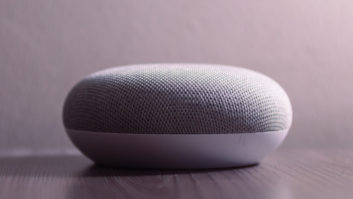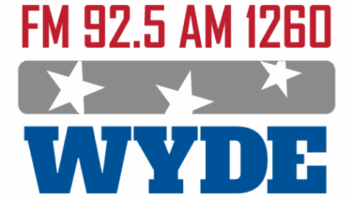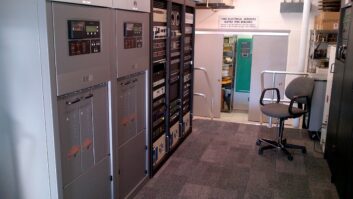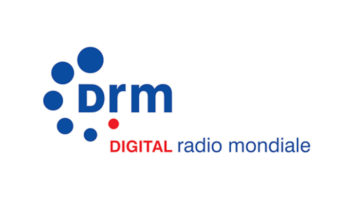The author is membership program director of the National Federation of Community Broadcasters. NFCB commentaries are featured regularly at www.radioworld.com.
The recent announcement by a London radio station that it will build its full schedule from podcasts certainly garnered some attention. It comes not many months since iHeartMedia’s announcement over the summer that its stations would broadcast some of the company’s podcast properties.
If you’re a media company, these moves make sense. Since podcasts are the hot commodity at the moment — it stands to reason that radio wants to grab some of that attention. What’s stopping community radio from making more of its broadcasts to be podcast-first propositions too?
[Read: Community Broadcaster: Money Moves]
To be clear, there are a few stations that do the preproduction work typically associated with podcasting and use the finished mixdowns in their broadcast schedules. Richmond’s low-power FM station WRIR pops to mind as a station that has done this successfully. A few other stations, like WXPR, create podcasts that are aired at times. Community radio podcasting, in this regard, is not unheard of.
What are the obstacles to a community radio station going all podcast?
A station must overcome the structural issues it would have to deal with. Podcast production is a lot of work, and producing 168 hours a week of quality local podcasts is no small feat. A station could partner with local podcasters, but there are still particular broadcast and federal regulations to follow, should such podcasts become broadcast material. Rules around payola, indecency, plugola, obscenity and lobbying are just a few areas podcasters have far more latitude than a noncommercial educational broadcaster. There’s orientation and training, as well as quality assurance for everything on air. Such a commitment is not impossible. A community radio station going all-podcast could experience a unique set of challenges.
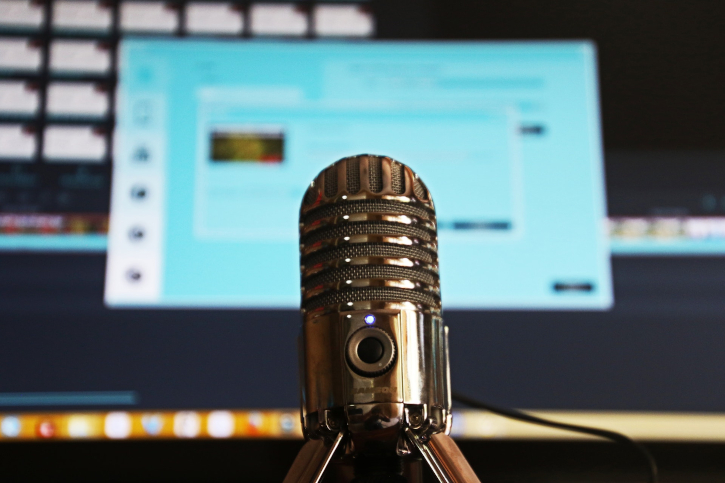
As an extension of local partnerships, and beyond, a station could opt to just air podcasts it finds online. Obtaining permission to air their work, and ensuring all podcasts meet broadcast regulations, are issues to be considered, though.
In a few other instances, whether community radio stations air all or even a few podcasts may be a cultural question. Over time, I have gotten the impression that some stations believe their brand and what people look to them for is live radio. While I think that opinion is a stretch — how much of the public, frankly, can ascertain live radio from the dozens of prerecorded “live” spots commercial radio has exposed them to for years? — the belief in live radio as “a thing” a community radio station is known for is not an isolated opinion. Implicit here may be the idea that podcasts sound polished while live radio sounds rougher, more organic or more like what longtime listeners associate with community radio.
I gently suggest that sounding less than top-flight may not be something to aspire to, however. Public tastes have grown sophisticated, across many generations and demographics. People expect more these days. A raw sound we may think is community radio may not be as appealing to others. Moreover, I can hear that aesthetic on YouTube, Instagram Live and Facebook. We may not be able to hang our hats on the “radio” sound anymore.
Podcasts to broadcasts are done in limited ways in community radio today. The barriers to greater adoption may lie in costs and having the necessary staffing. Yet the moves happening in other media, and the natural fit local podcasts and local community radio could have, should inspire all of us to dream bigger.
